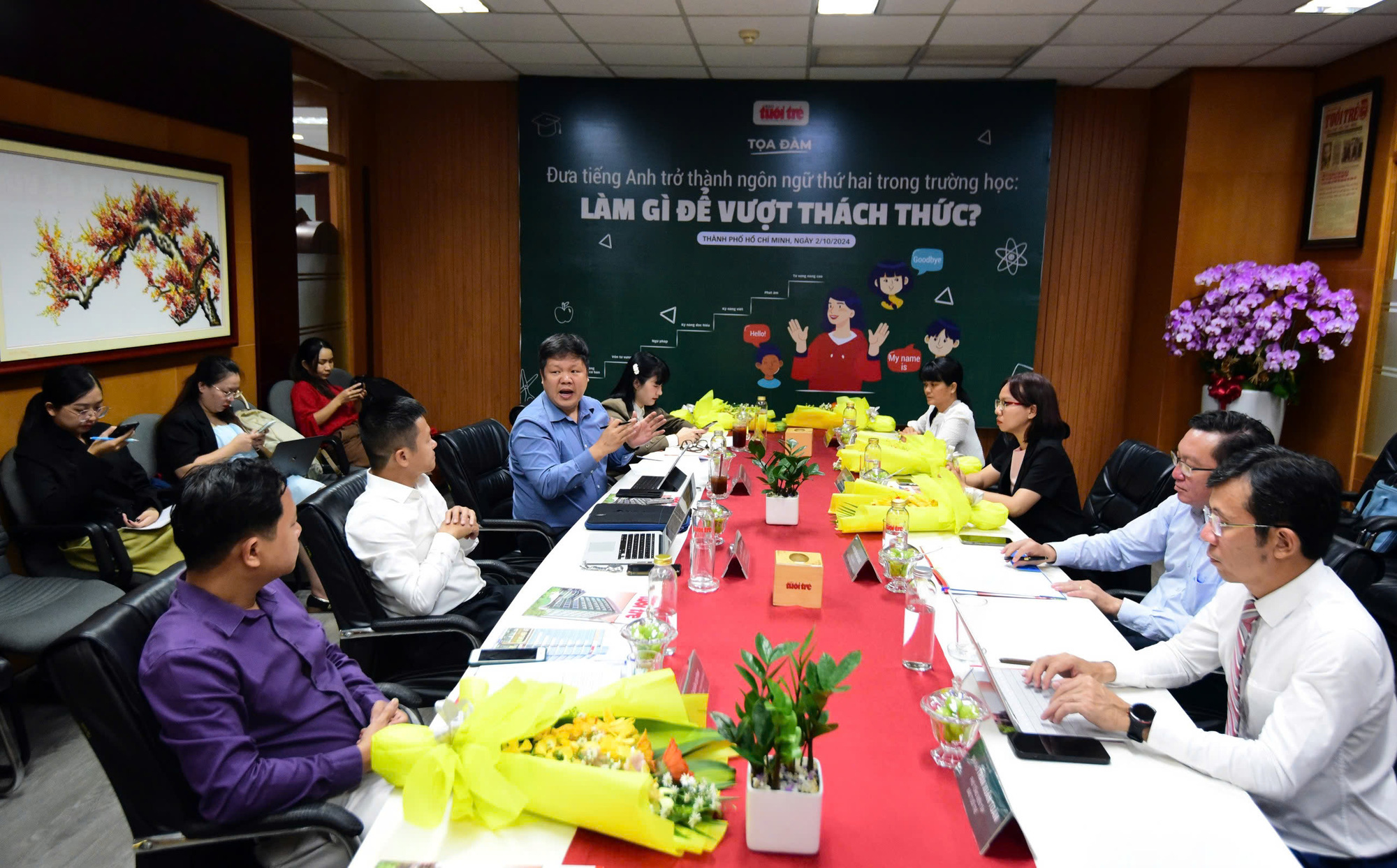
Overview of the discussion - Photo: DUYEN PHAN
On the morning of October 2, Tuoi Tre newspaper organized a discussion "Making English the second language in schools: What to do to overcome the challenges?".
Guests attending the seminar include:
* Mr. Nguyen Bao Quoc (Deputy Director of the Department of Education and Training of Ho Chi Minh City)
* Dr. Nguyen Thanh Binh (Head of English Department, Ho Chi Minh City University of Education)
* Dr. Le Xuan Quynh (Head of the Bachelor of Languages program, RMIT University Vietnam)
* Dr. Dam Quang Minh (Deputy General Director of Equest Group - the unit that is implementing a math and science teaching program in English in high schools)
* Ms. Pham Thi Thanh Binh (Vice Principal of Nguyen Van To Secondary School, District 10, Ho Chi Minh City)
* Ms. Bui Thi Thanh Chau (deputy head of foreign language group, Tran Dai Nghia High School for the Gifted, Ho Chi Minh City)
* Ms. Hang Kim Ty Luan - Parent of a student in Ho Chi Minh City
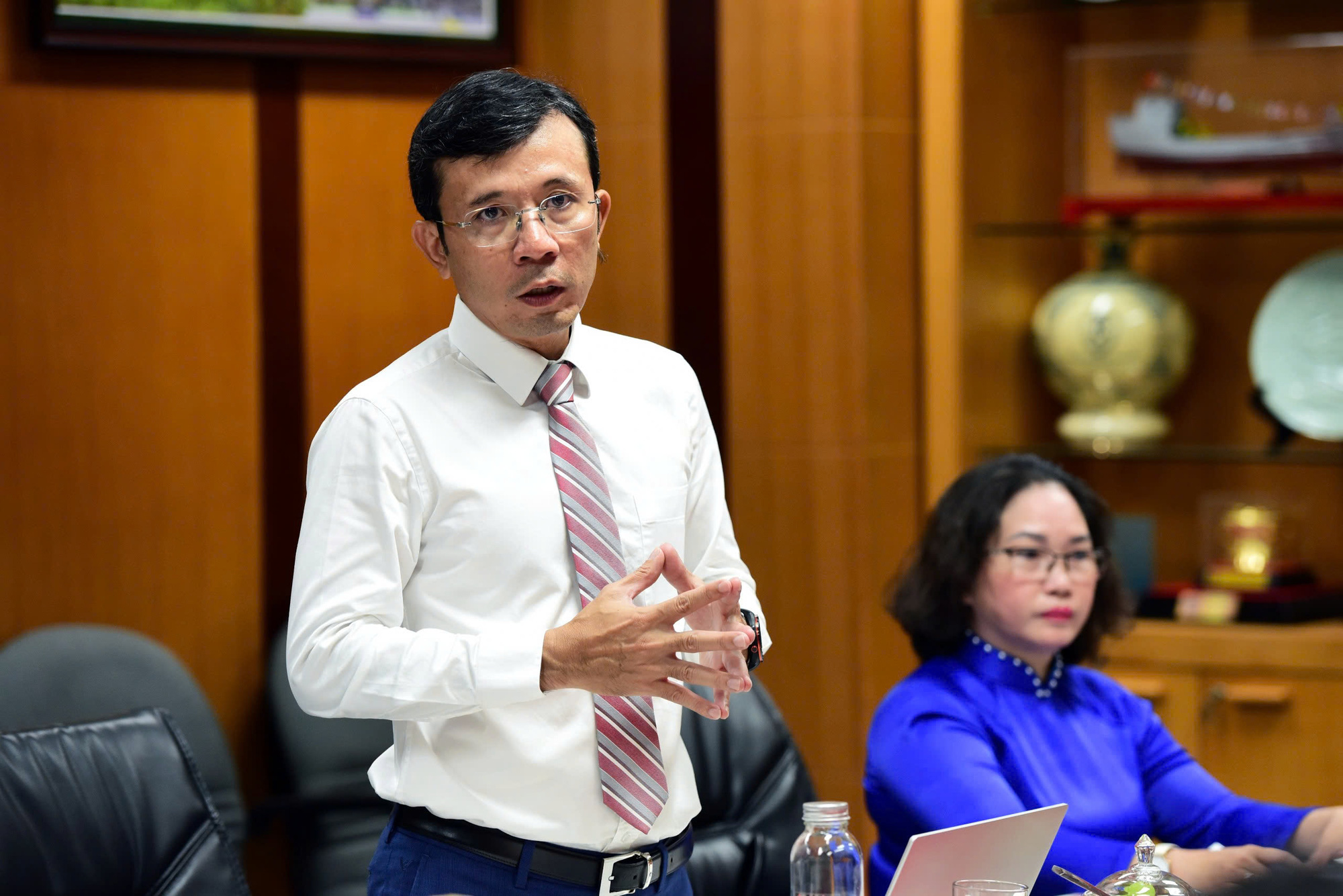
Journalist Tran Xuan Toan - Photo: DUYEN PHAN
Journalist Tran Xuan Toan - Deputy Editor-in-Chief of Tuoi Tre Newspaper - sent his thanks to the experts, educators, and managers who participated in the discussion "Making English the second language in schools: What to do to overcome the challenges?".
"This issue is very hot, receiving attention from all sectors. Obviously, if we want to have quality human resources, the education factor plays an extremely important role, in which language is the means for us to achieve achievements in science, engineering and technology. Ho Chi Minh City is one of the major centers in the country with many favorable conditions in terms of investment resources and connections" - journalist Tran Xuan Toan emphasized.
English as a Second Language: Why Ho Chi Minh City?
At the recent 2023-2024 school year closing ceremony, Deputy Minister of Education and Training Pham Ngoc Thuong directed Ho Chi Minh City to pilot the "Making English the second language in schools" pilot. Why Ho Chi Minh City?
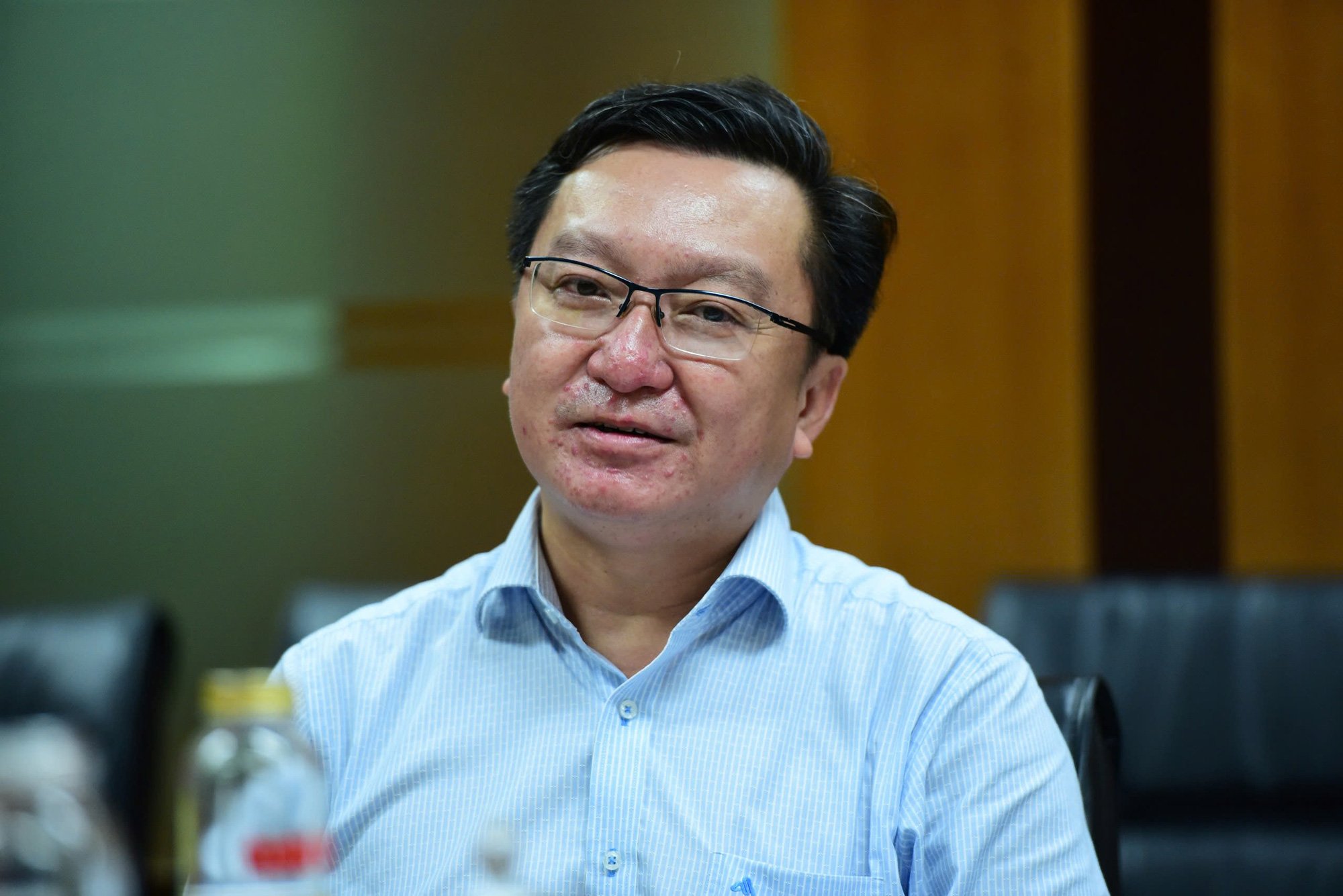
Mr. Nguyen Bao Quoc - Photo: DUYEN PHAN
Answering this question from the moderator of the discussion, Mr. Nguyen Bao Quoc, Deputy Director of the Department of Education and Training of Ho Chi Minh City, said In the ceremony to summarize the last school year and deploy tasks for this school year, the Ministry of Education and Training trusted and assigned Ho Chi Minh City to pilot the introduction of English as the second language in schools. This is just It is a responsibility, but also an honor for Ho Chi Minh City to continue to implement and deploy English programs as well as train human resources to serve the overall development of the country.
Mr. Quoc analyzed: "Why choose Ho Chi Minh City as the pilot unit? The Ministry also considered a number of issues. Firstly, in terms of socio-economic development, Ho Chi Minh City has proactively implemented English projects early, since 1998. Since 2000, Tran Dai Nghia High School for the Gifted has been established as a key school to implement the enhanced English program. In parallel, English programs are implemented at all levels from elementary to high school.
The Ho Chi Minh City Department of Education and Training will develop a set of criteria for schools with English as a second language and gradually pilot it, with a roadmap. We will continue to discuss further to come up with criteria and the level of the second language ratio in schools, so that parents can feel secure and accompany the education sector.
In addition, Ho Chi Minh City has proactively developed and implemented two projects on teaching foreign language skills in general education and vocational education. These two projects, along with a number of directives from the Ministry of Education and Training related to teaching math and science subjects in English, have been maintained by Ho Chi Minh City since 2006 to improve students' English proficiency. For example, the 2006 general education program did not include English in primary school, but Ho Chi Minh City has proactively implemented it from primary school. In the current 2018 program, English is taught from grade 3, but Ho Chi Minh City has proactively implemented it from grade 1 with students being self-selected. In addition, Ho Chi Minh City has also piloted English familiarization for preschool students.
Up to now, Ho Chi Minh City has many models and forms of English teaching, from kindergarten, primary, secondary and high school. A typical example is the integrated program that Ho Chi Minh City is preparing to summarize after 10 years. The English Enhancement Program has been implemented since 1998. Third, the math and science program in English was initially implemented from Le Hong Phong, Tran Dai Nghia, Bui Thi Xuan, Gia Dinh High Schools... and has now expanded to elementary school students with many good methods, including Vietnamese teachers, teaching materials and software, and foreign teachers to support teaching.
Overall, Ho Chi Minh City has proactively implemented English very early. Up to now, there have been very good results from facilities, equipment, and human resources from teachers, basically meeting the requirements of making English the second language in schools.
In addition to schools, Ho Chi Minh City has a regular English education system that supports English learning very well. The coordination between these units and English education in schools is very good. The human resources of teachers at schools also gradually improve the quality of teaching. In addition to the state budget, Ho Chi Minh City also implements socialization in English teaching. In the past 15 years, Ho Chi Minh City has proactively chosen English as the third subject to enroll 10th graders.
The results of the high school English graduation of the past 8 years of the city's students and the results of the national excellent student exam in English of the students. Based on the assessment and implementation, the Ministry has entrusted Ho Chi Minh City with this responsibility. In the coming time, Ho Chi Minh City still faces many challenges. In this school year, Ho Chi Minh City will continue to maintain the contents that the city has implemented related to English in schools and will also have specific steps to pilot English as a second language in schools in the coming school year."
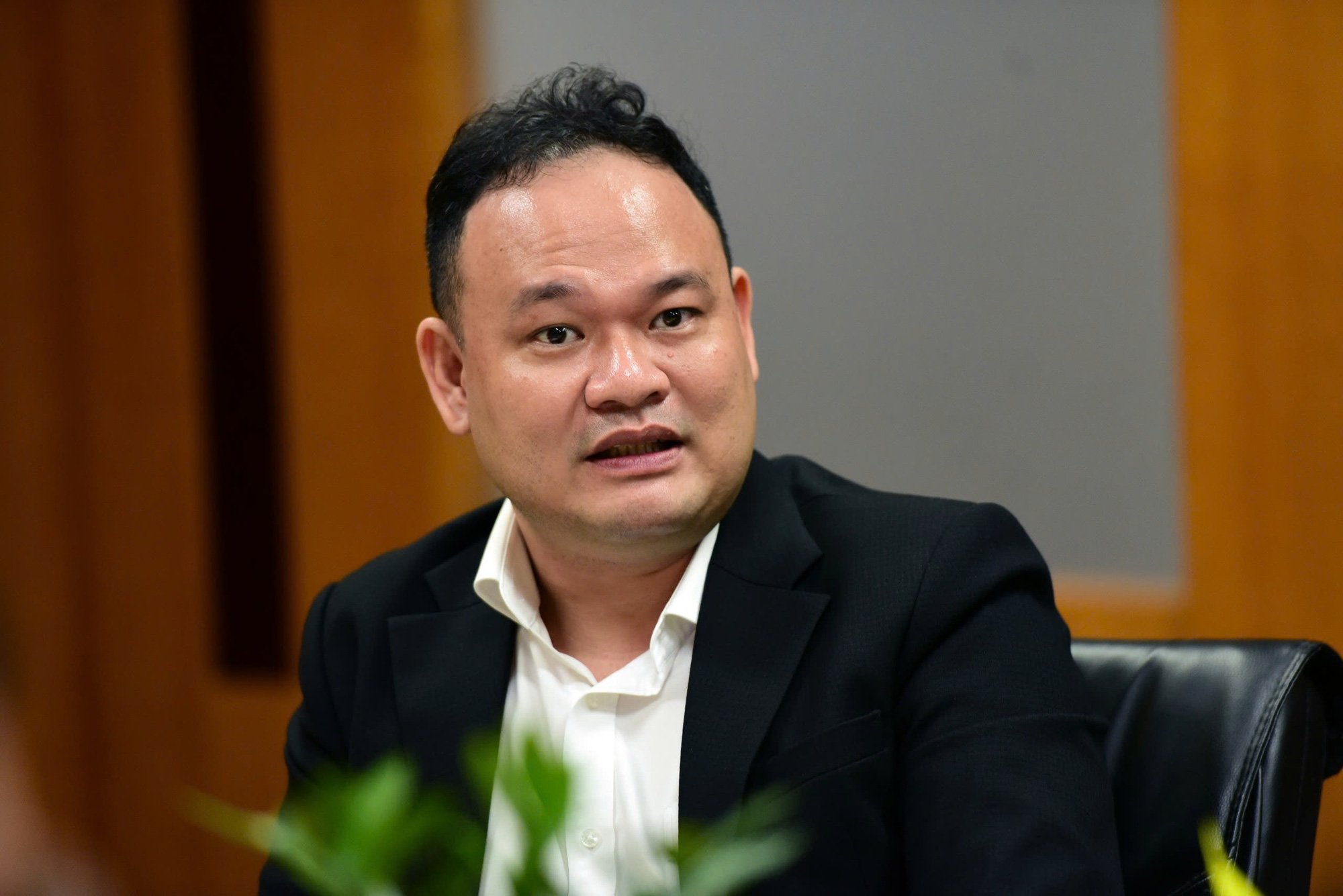
Dr. Nguyen Thanh Binh - Photo: DUYEN PHAN
Similarly, Dr. Nguyen Thanh Binh, head of the English Department of Ho Chi Minh City University of Education, assessed that the policy of making English the second language in schools is a big, bold and strategic policy of the Party and the State and is especially suitable in the current context. As the socio-economy develops, many localities begin to excel in development, especially in investment in local education development. These things bring many advantages and are suitable for raising the issue of shifting from teaching English as a foreign language to teaching English as a second language in schools.
"I think that besides Ho Chi Minh City, localities with developed socio-economic conditions like Hanoi or localities with remarkable changes in English learning like Binh Duong, Ba Ria - Vung Tau... have a lot of potential to pilot this policy in schools" - Mr. Binh commented.
Dr. Dam Quang Minh, Deputy General Director of Equest Group, participated in the discussion with the perspective of a private education system that is participating in teaching English in public schools. According to Mr. Minh, Ho Chi Minh City's pioneering of this pilot policy has certain advantages.
"We see that the support of parents is clear. When we implement private schools, the biggest strength is always English. Parents are willing to pay more if the school invests in English because they know that the long-term benefits for students will be much better. So the support of parents for making English a second language is very strong.
The contribution of the private system to English teaching is huge. In our group, this is reflected in the learning results of students in 18 private schools of the group in the high school exam results. The average English score of our students is from 9.6 to 9.8 and above.
Equest actively contributes values in education, including general education, university, and continuing education. And we are also fortunate to have strong support from parents, so the number of schools, the number of students studying in the system as well as the English program is increasing. In addition, the socialization policy has a certain openness, so we also implement the educational technology program well, nationwide there are about 146,000 students studying math and science programs in English. We are using English as a tool to learn subjects, so that students can gain new skills.
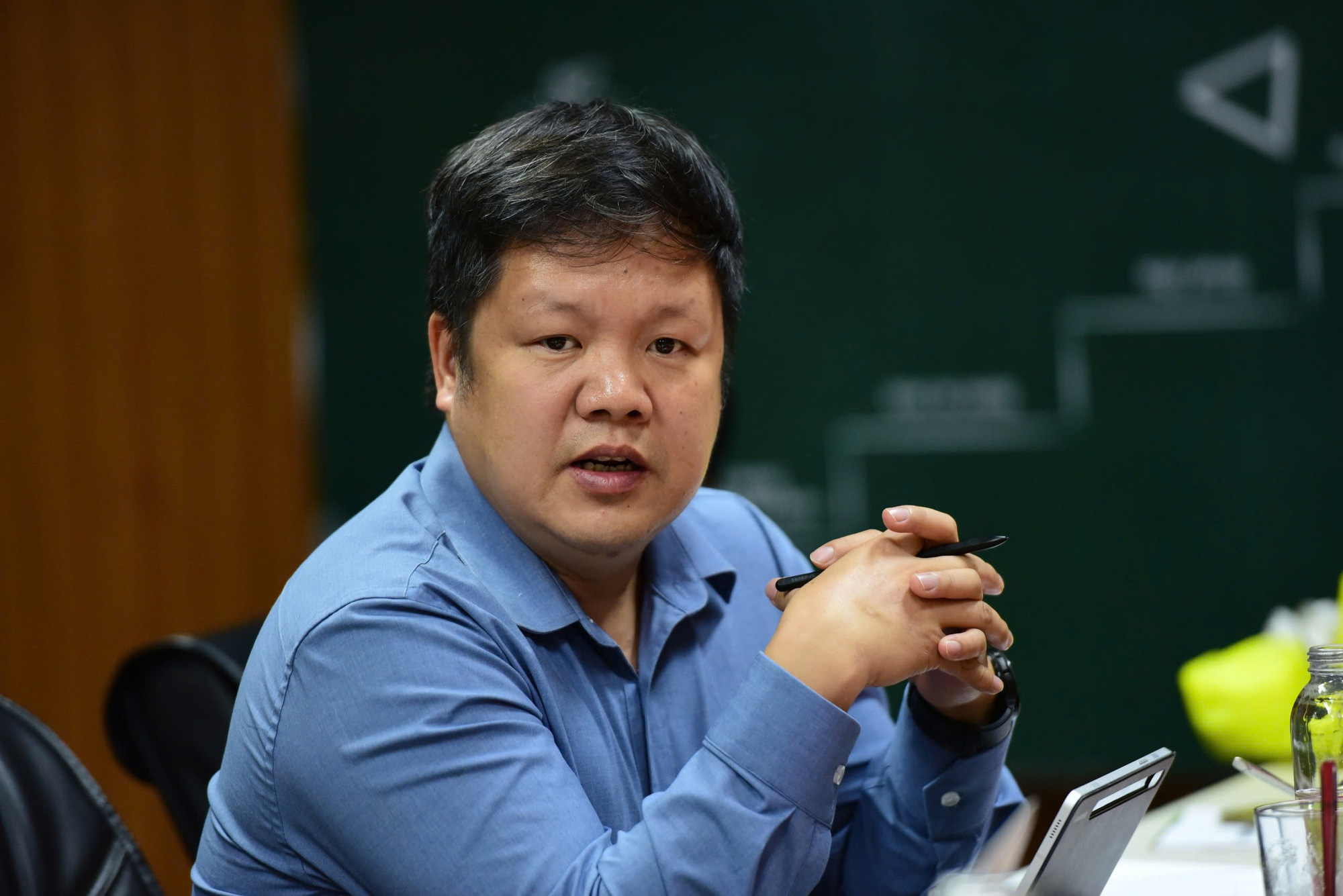
Dr. Dam Quang Minh - Photo: DUYEN PHAN
How to implement in practice?
Ms. Bui Thi Thanh Chau, deputy head of the foreign language department at Tran Dai Nghia High School for the Gifted, Ho Chi Minh City, shared that for Tran Dai Nghia High School for the Gifted, implementing the policy of making English the second language in the school has many advantages because the school's leadership accepts this policy in a positive spirit.
Ms. Chau said: "This policy is also quite suitable for the school's orientation. Tran Dai Nghia School is building an international school model on the foundation of a public school and building 6 values for students after they graduate, of which 2 values are promoted. Those are skills to expand international relations for students and improve foreign language skills.
The advantage of Tran Dai Nghia High School for the Gifted is that the students are fortunate to have a high English level at the beginning. High English level meets many programs: Intensive English program, integrated English. Particularly for the intensive English program, the school also promotes the direction of IELTS certificate training, students from grade 8 and above have followed this path.
The school also invites university lecturers to teach English subjects to students. In addition, the subject groups conduct interdisciplinary science courses with English. Recently, the school's students also tell stories about Uncle Ho in English. Real-life environments such as exchanges with foreigners, filming clips in English...
However, there are also difficulties because the strength of English falls on the students, while the team of teachers teaching subjects in English is a big challenge."
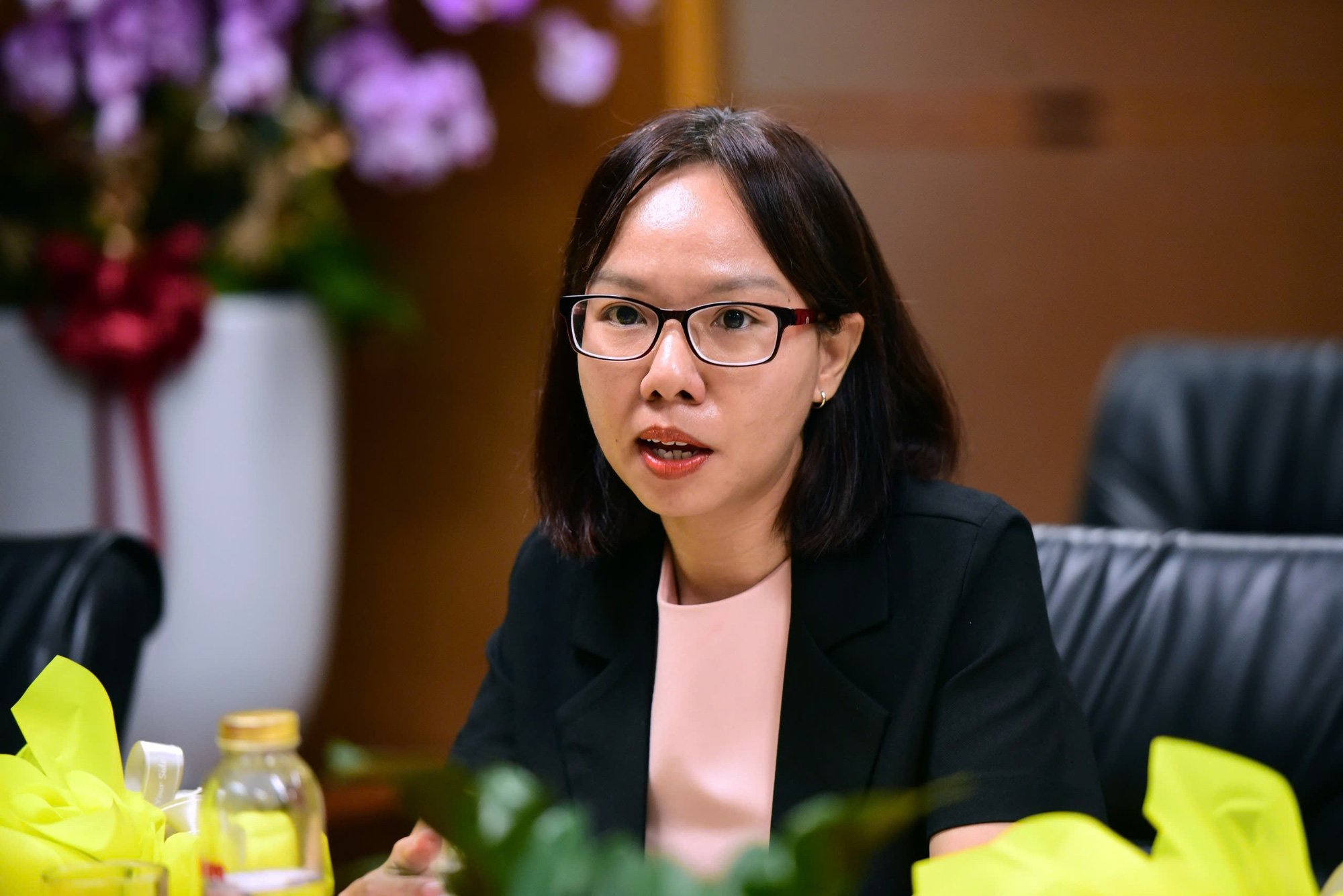
Ms. Bui Thanh Chau - Photo: DUYEN PHAN
Agreeing with Ms. Chau, Ms. Pham Thi Thanh Binh - Vice Principal of Nguyen Van To Secondary School, District 10, Ho Chi Minh City - said that this policy is also suitable for teaching and learning practices at her school.
"Nguyen Van To Secondary School has favorable student input in making English the second language in school, we are implementing the model of "advanced school integrating internationally". This policy will help students have an environment to apply and develop English skills.
At school, we have many good models to develop English skills for teachers. For example, we can teach English through local education lessons, and gather teachers to teach specialized topics in English. These specialized lessons are intentionally conducted so that teachers can use English in teaching" - Ms. Binh shared.
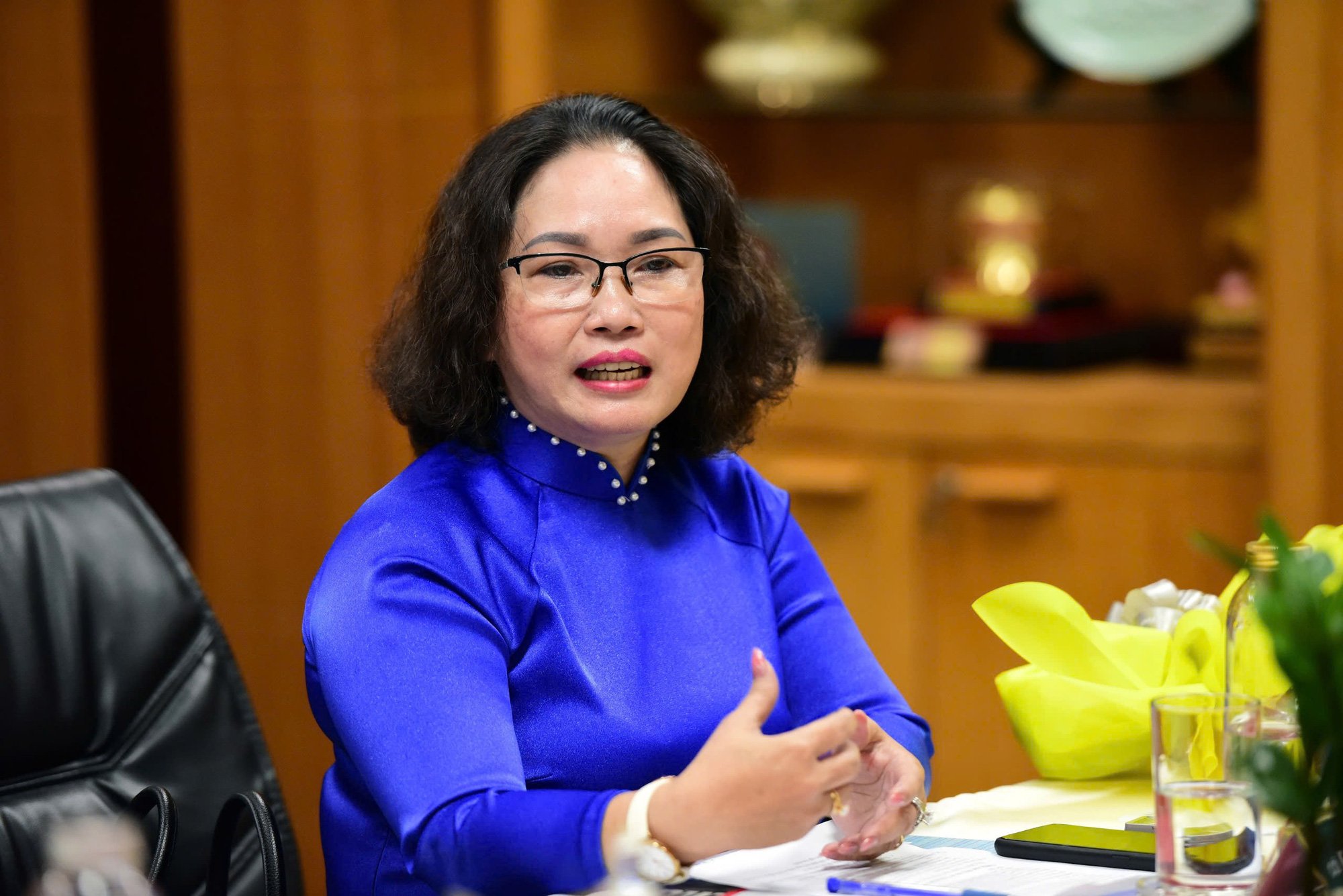
Ms. Pham Thi Thanh Binh - Photo: DUYEN PHAN
From the perspective of a parent whose child is in high school, Ms. Hang Kim Ty Luan (HCMC) thinks that this policy is necessary. Ms. Luan hopes that the implementation of the program will help improve students' English communication skills.
"Currently, our children study English for 12 years, but very few students can communicate in English. I hope this will be the biggest change when implementing the program," Ms. Luan expressed her hope.
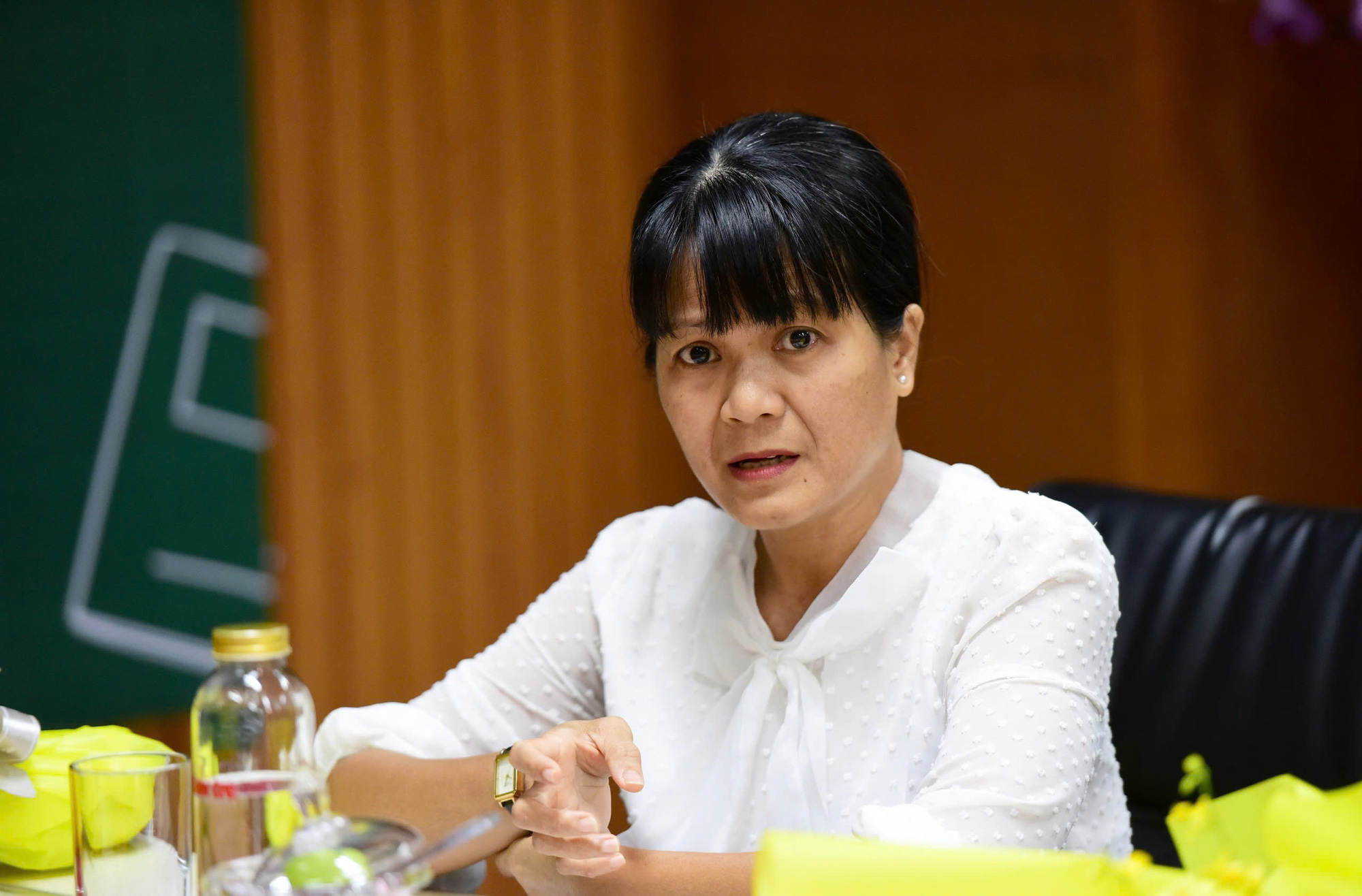
Mrs. Hang Kim Ty Luan - Photo: DUYEN PHAN
Need roadmap and criteria
According to Mr. Nguyen Bao Quoc, the implementation of this policy will not be hasty or widespread, but will be piloted step by step, in each area, each school, and with a roadmap.
"Maybe Ho Chi Minh City will first implement it in schools that are implementing the integrated program, the enhanced English program, advanced integration schools, private units... Then it will expand. Currently, the teaching force of Ho Chi Minh City's pilot implementation can meet the requirements, but to develop further, long-term measures are needed such as ordering new training schools and retraining for the teaching staff...
The Department of Education and Training of Ho Chi Minh City will develop criteria to evaluate which schools offer English as a second language. This is extremely important and will be a guideline for schools to implement the pilot program," said Mr. Quoc.
Dr. Dam Quang Minh also agrees with the step-by-step roadmap to make English the second language in schools.
"We have been successful in building a national standard school model. I propose that Ho Chi Minh City boldly pilot the construction of a few standard schools with English as the second language. Schools with English as the second language should also follow a roadmap, divided into levels: level 1, level 2, level 3" - Mr. Minh proposed.
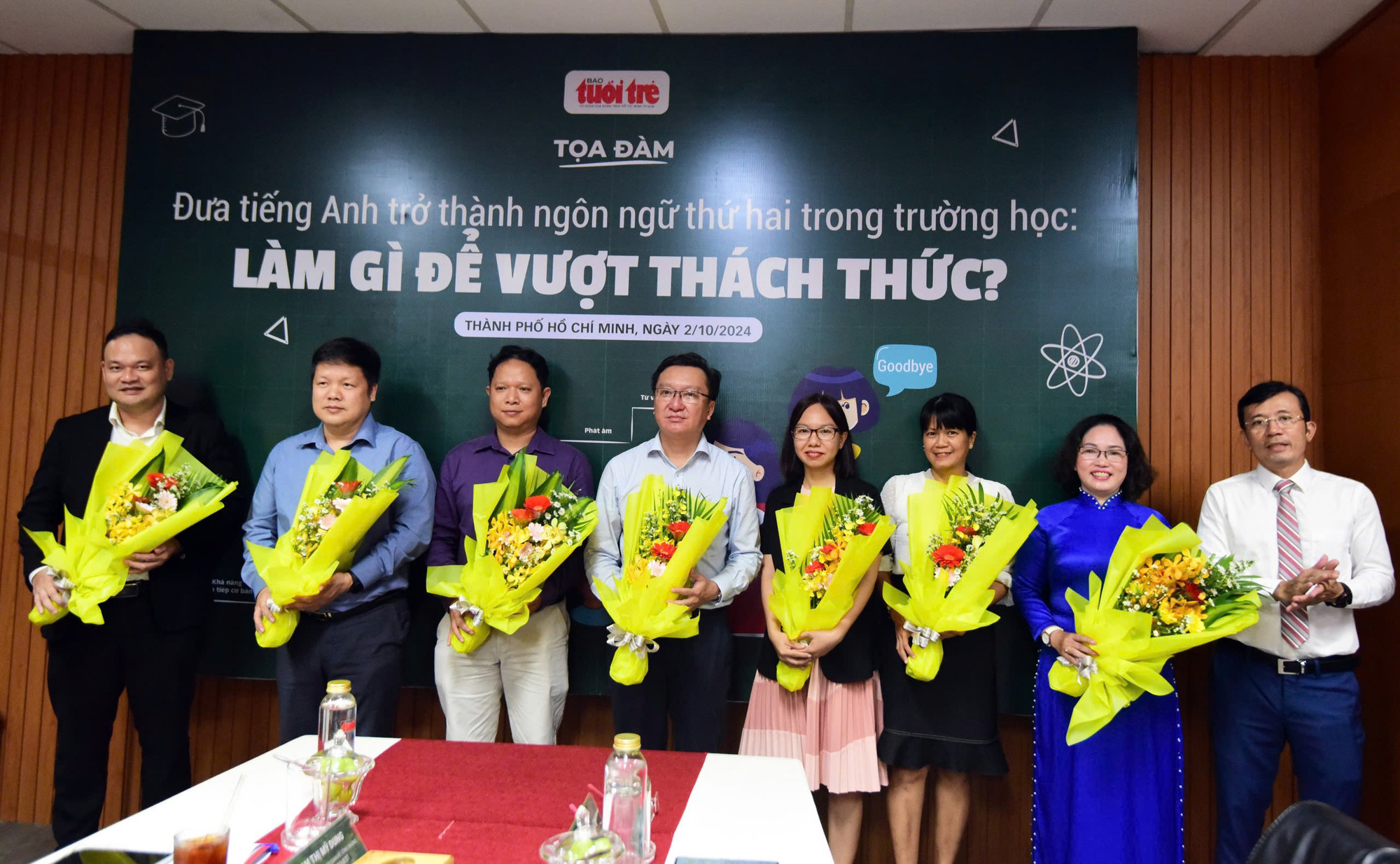
Journalist Tran Xuan Toan - Deputy Editor-in-Chief of Tuoi Tre Newspaper (right cover) - presents flowers to delegates - Photo: DUYEN PHAN
Dr. Le Xuan Quynh, head of the Bachelor of Languages program at RMIT University Vietnam, emphasized the need to develop a set of criteria. Mr. Quynh also expressed concerns about the curriculum and output of students studying at schools where English is the second language, and especially the "fate" of Vietnamese in these schools.
"This is a story closely related to the national language policy. We must consider the output for students when implementing English as a second language in schools, and at the same time, we must also solve the problem of teaching programs for students. We cannot force students to study two programs (Vietnamese and English) at the same time like the bilingual system in international schools," Mr. Quynh emphasized.
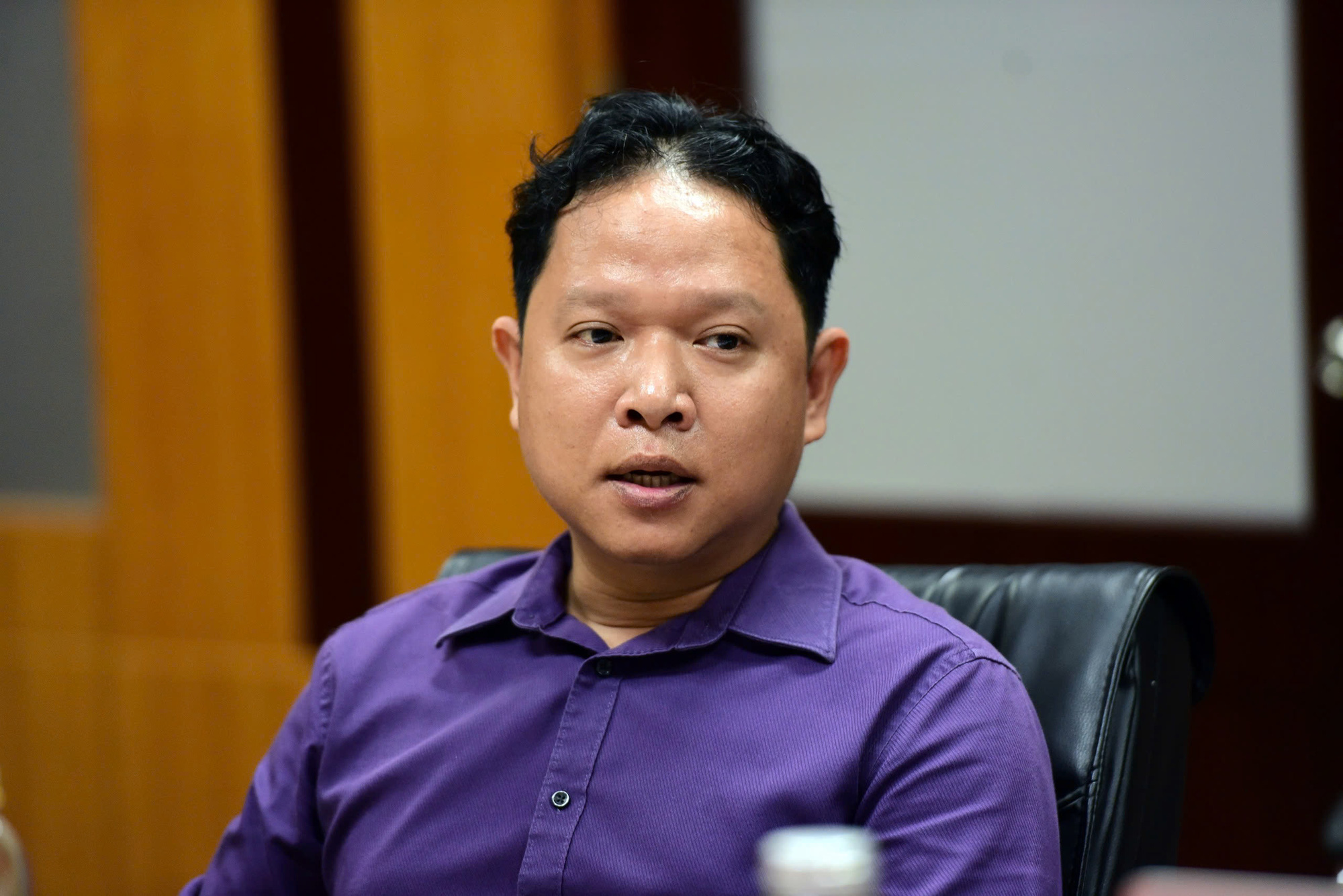
Dr. Le Xuan Quynh
Factors to consider when introducing English as a second language in schools
1. The contribution of private sector plays a very important role in making English a second language.
2. Improving the level and methods of teaching English for teachers at all levels, including improving English proficiency and teaching methods: using technology, focusing on listening and speaking skills and applied communication practice, assessment methods...
3. Combine studying with foreign teachers to improve students' English communication skills.
4. Improve facilities for teaching and learning English (Internet, digital management platform, digital learning materials, etc.)
5. Extracurricular activities for students to improve English proficiency: English Club, exchange programs with international schools and English-speaking countries.
6. Timely update policies to support private entities in implementing intensive English programs in public and private schools.
7. Implement a clear legal framework for the implementation of online teaching, learning and assessment programs.
(Dr. Dam Quang Minh)
Source: https://tuoitre.vn/tieng-anh-la-ngon-ngu-thu-2-trong-truong-hoc-lam-gi-de-vuot-thach-thuc-20241002162651294.htm


![[Photo] General Secretary To Lam, Secretary of the Central Military Commission attends the 12th Party Congress of the Army](https://vphoto.vietnam.vn/thumb/1200x675/vietnam/resource/IMAGE/2025/9/30/9b63aaa37ddb472ead84e3870a8ae825)
![[Photo] President Luong Cuong receives President of the Cuban National Assembly Esteban Lazo Hernandez](https://vphoto.vietnam.vn/thumb/1200x675/vietnam/resource/IMAGE/2025/9/30/4d38932911c24f6ea1936252bd5427fa)
![[Photo] Panorama of the cable-stayed bridge, the final bottleneck of the Ben Luc-Long Thanh expressway](https://vphoto.vietnam.vn/thumb/1200x675/vietnam/resource/IMAGE/2025/9/30/391fdf21025541d6b2f092e49a17243f)
![[Photo] The 1st Congress of Phu Tho Provincial Party Committee, term 2025-2030](https://vphoto.vietnam.vn/thumb/1200x675/vietnam/resource/IMAGE/2025/9/30/1507da06216649bba8a1ce6251816820)

![[Photo] Solemn opening of the 12th Military Party Congress for the 2025-2030 term](https://vphoto.vietnam.vn/thumb/1200x675/vietnam/resource/IMAGE/2025/9/30/2cd383b3130d41a1a4b5ace0d5eb989d)





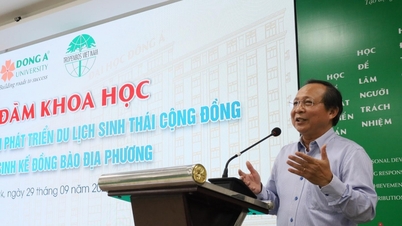


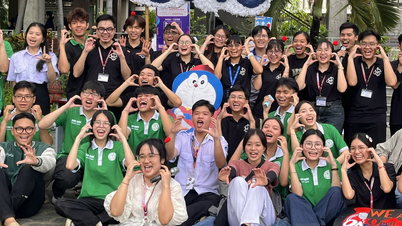















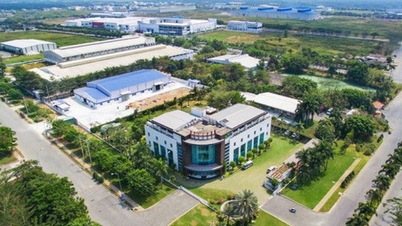



















































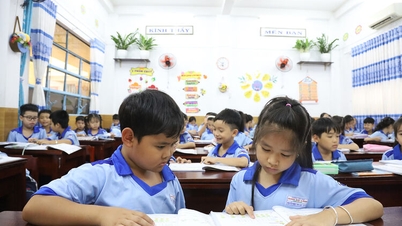

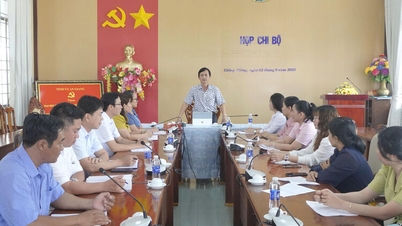
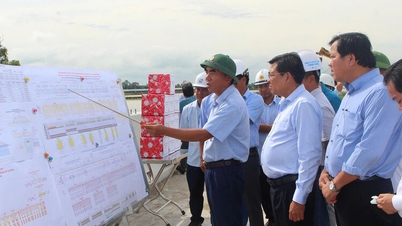









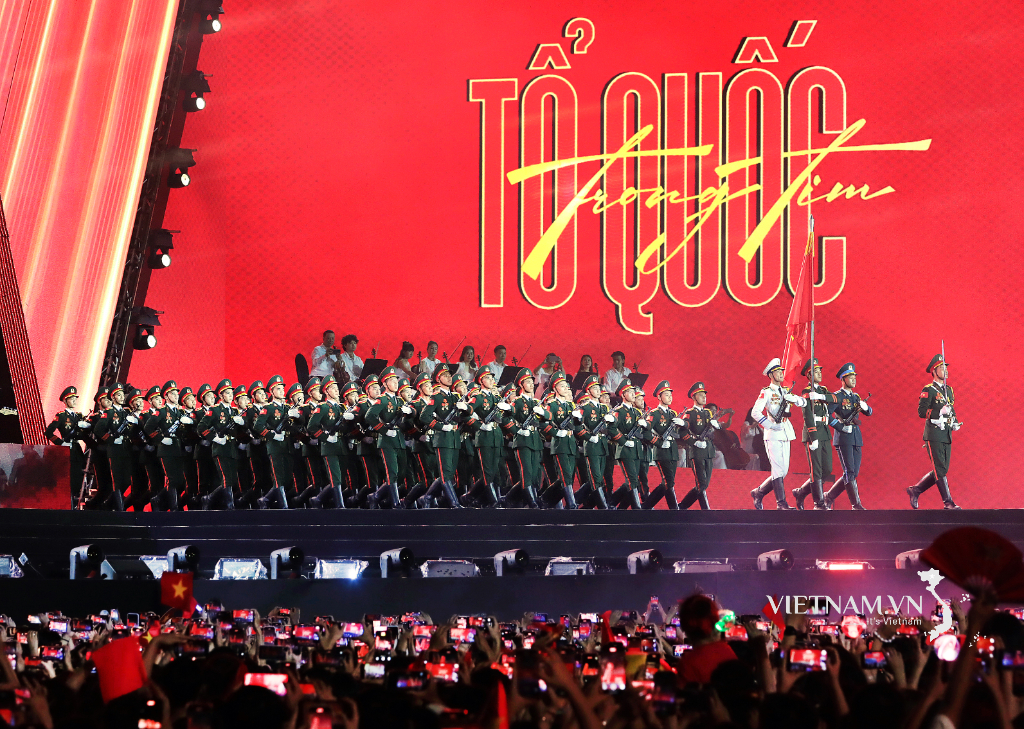


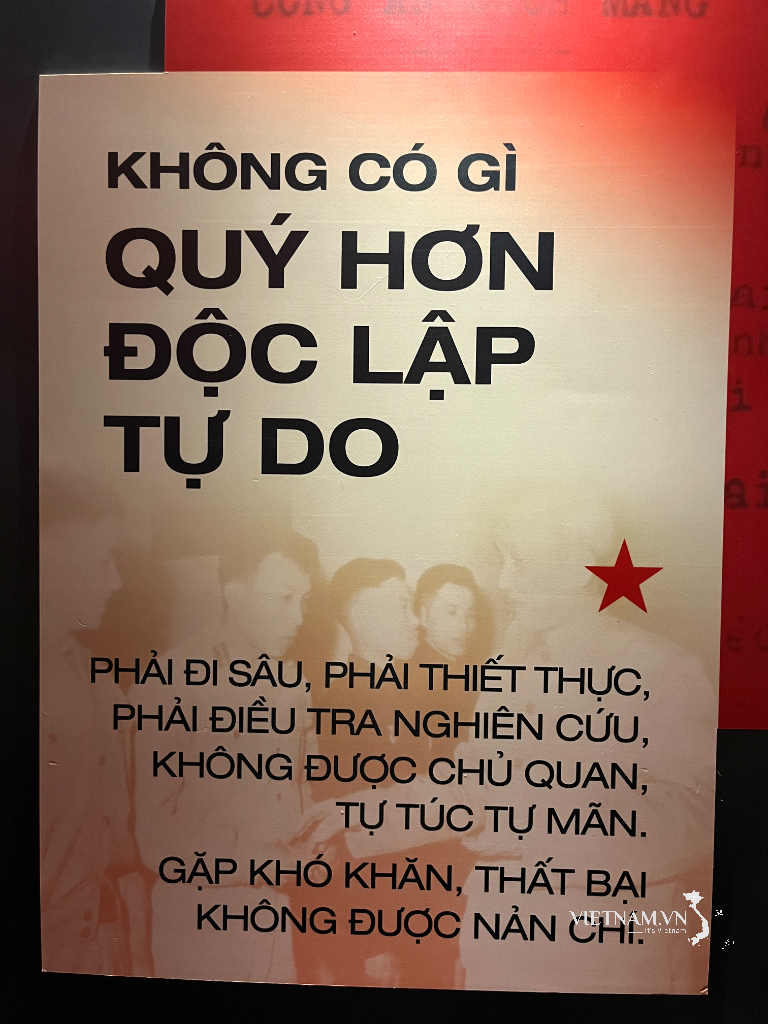
Comment (0)